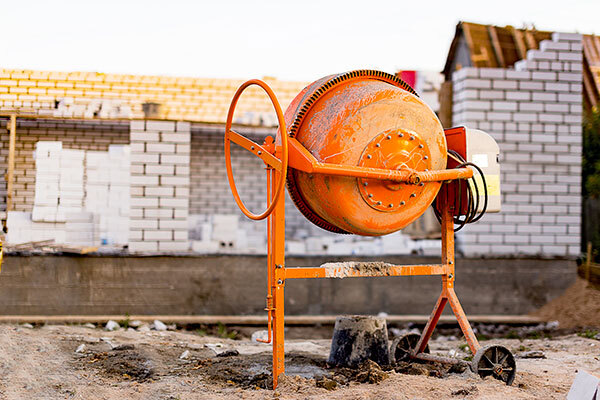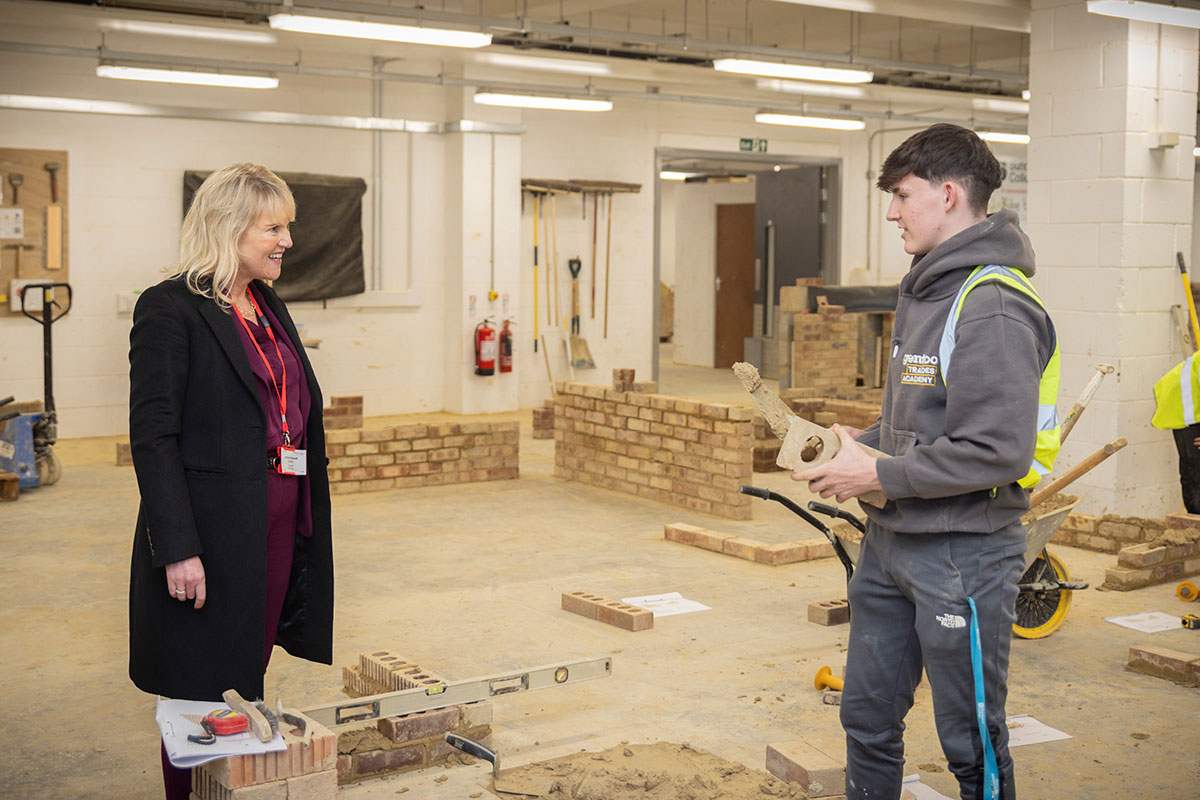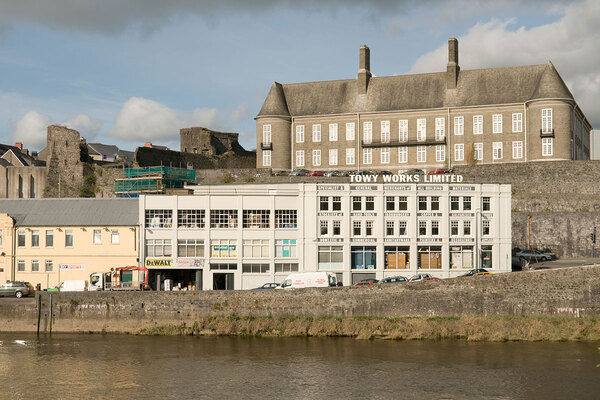You are viewing 1 of your 1 free articles
Spending on existing homes jumps more than 50% at Platform as damp and mould focus creates ‘flurry of activity’
Large Midlands-based provider Platform Housing spent £24.4m on its existing stock in its latest financial year, an increase of 55.4% on the previous year.
The landlord’s annual accounts for the year ending 31 March 2023 put the increased spending on its current stock down to “component replacements, materials cost inflation and energy efficiency works”.
It also reported a “flurry of activity” as part of a programme to deal with damp and mould.
Platform, which owns and manages more than 48,000 homes across the region, saw its operating surplus reduced by 8.7% to £82.1m in the previous year. The provider said investment in homes, services to customers and increased maintenance and energy costs drove the reduction.
An increased focus on customers’ activities also saw additional front-line staff recruited to improve their experience.
Turnover from social housing lettings increased 5.8% to £248.2m, while total turnover growth grew much less at 1% up to £300m. Its earnings before interest, taxes, depreciation and amortisation (major repairs included) interest cover was broadly the same at 187%.
The landlord’s completions dropped just under 5% to 1,114, while its arrears of 2.6% were consistent with the previous year.
Elizabeth Froude, chief executive at Platform, said: “The environment in which we and all businesses are operating continues to be difficult and the impacts of cost inflation very visible. Our results for the year reflect our need to focus on making the standard of our homes and lives of our residents our primary focus.
“The reduction in operating surplus reflects this, with £8.7m additional expenditure on maintenance and investment in our existing homes. We focused on accelerating catch-up on backlogged repairs and invested £5.5m on sustainability works such as air source heating systems and photovoltaic panels.
“Our shared ownership sales programme was smaller year-on-year, due to the timing of scheme handovers and our focus on quality standards. At the end of the year, we had only 29 homes available for sale and are seeing continued demand for our homes with values, first tranche proportions and staircasing holding above budgeted levels.”
Ms Froude explained that the use of technology had helped the landlord verify and prioritise those homes with damp and mould. This method found no Category 1 cases but had led to “a flurry of activity”.
She added: “We are seeing damp, mould and condensation as a new compliance category and are treating it as such, as we anticipate it being around ourselves and the wider sector for some time as it is exacerbated by fuel poverty.
“Despite all of this, our financial metrics remain strong and rank amongst the best in the sector, with any degradation being intentionally applied to improve the quality of homes and services – a theme which will continue in the coming year.”
Platform announced last month that it had signed a one-year pilot contract with a social impact software company called Goodsted.
Sign up for our development and finance newsletter
Already have an account? Click here to manage your newsletters












